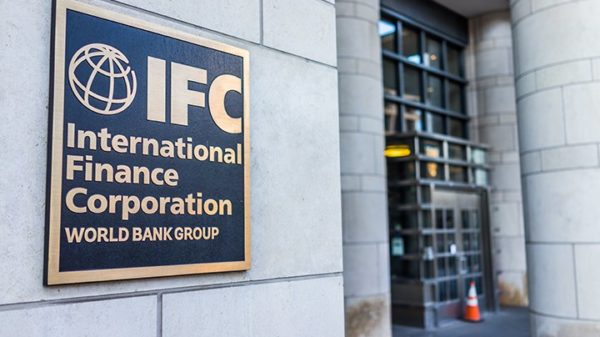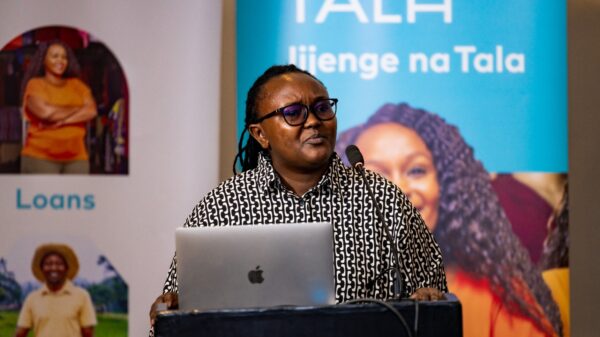BY ARNOLD MUTHAMA
NAIROBI, Kenya, Jan 24 – As the world marks the International Day of Education this week, Kenya stands proudly among nations globally, committed to ensuring universal access to education for every child.
This success can be attributed to the provision of free primary education and various financial options that empower parents to educate their children up to the highest levels of academic achievement.
Recent statistics from the United States Agency for International Development (USAID) indicate that the percentage of adolescents out of secondary school in Kenya is less than one percent, in stark contrast to the continental average of 33 percent in Africa.
This noteworthy achievement stands out against the prevailing trend in Africa. The United Nations Educational, Scientific and Cultural Organization (UNESCO) in its report has expressed concerns about the increasing number of children aged between 12 and 17 who are out of school in the continent.
This rise is attributed to heightened conflict and political instability in various parts of Africa, with a UNESCO report indicating a surge of 20 million out-of-school children, reaching 98 million in 2022 compared to 2019. Globally, the estimated number of out-of-school children has reached 244 million, with India, Nigeria, and Pakistan leading the statistics.
In Kenya, government statistics indicate a consistent increase in enrollment numbers across all levels from pre-primary to university, facilitated by a range of financial options allowing parents or guardians to keep their children in schools.
Beyond relying solely on salaries or incomes, parents are increasingly turning to affordable and easily accessible digital credits, alleviating the burden of paying school fees.
A report dubbed ‘Finaccess Micro and Small Enterprises Tracker Survey’ by the Central Bank of Kenya (CBK) in collaboration with the Kenya National Bureau of Statistics (KNBS) and the Financial Sector Deepening Trust (FSD Kenya) highlights that digital credit providers have not only fueled the growth of Micro and Small Enterprises (MSEs) in the country but have also facilitated access to education for hundred thousands of Kenyans.
For example, as Aspira, a Buy Now Pay Later (BNPL) firm, our data indicatesthat Kenyans have accessed a total of Sh23 million from our Soma Loan facility. This has contributed to the educational needs of students in 126 schools and higher education institutions nationwide in the past year.
This underscores the significant contribution of Fintech in enhancing education access in the country, providing relief to parents by circumventing stringent loan conditions associated with mainstream financial institutions.
According to the CBK report, 23 percent of small business owners borrowed from digital credit firms for education, with the majority being women. This indicates that Fintech firms are instrumental in enabling women to advance their education.
The report also reveals that 62.3 percent of individuals use available options offered by Fintech firms to save for education, further emphasizing their role in promoting financial inclusivity.
Moreover, Fintech firms are reducing the closure rate of MSEs in the country, ensuring that parents and guardians have sustained income for the education of their children.
A report released by CBK seven years ago indicated that 46 percent of MSEs closed within a year due to a lack of working capital, but the latest report shows a reduction to less than 28 percent.
In fact, the survey indicates that approximately 4 percent of business owners close their businesses to pursue further education.
As we celebrate the International Day of Education under the theme “Learning for Lasting Peace,” it is crucial to ensure the safety of learners in schools against discrimination, gender violence, tribalism, and hate.
This resonates with the broader vision of education as a catalyst for peace and societal harmony.
Kenya’s strides in education, coupled with the transformative impact of Fintech, offer a compelling narrative of progress and inclusivity.
As the nation continues on this trajectory, it serves as an inspiration for others to emulate, demonstrating the profound impact that a commitment to education and innovative financial solutions can have on the well-being and future prosperity of a nation.
The writer is Marketing Lead at Aspira

















































